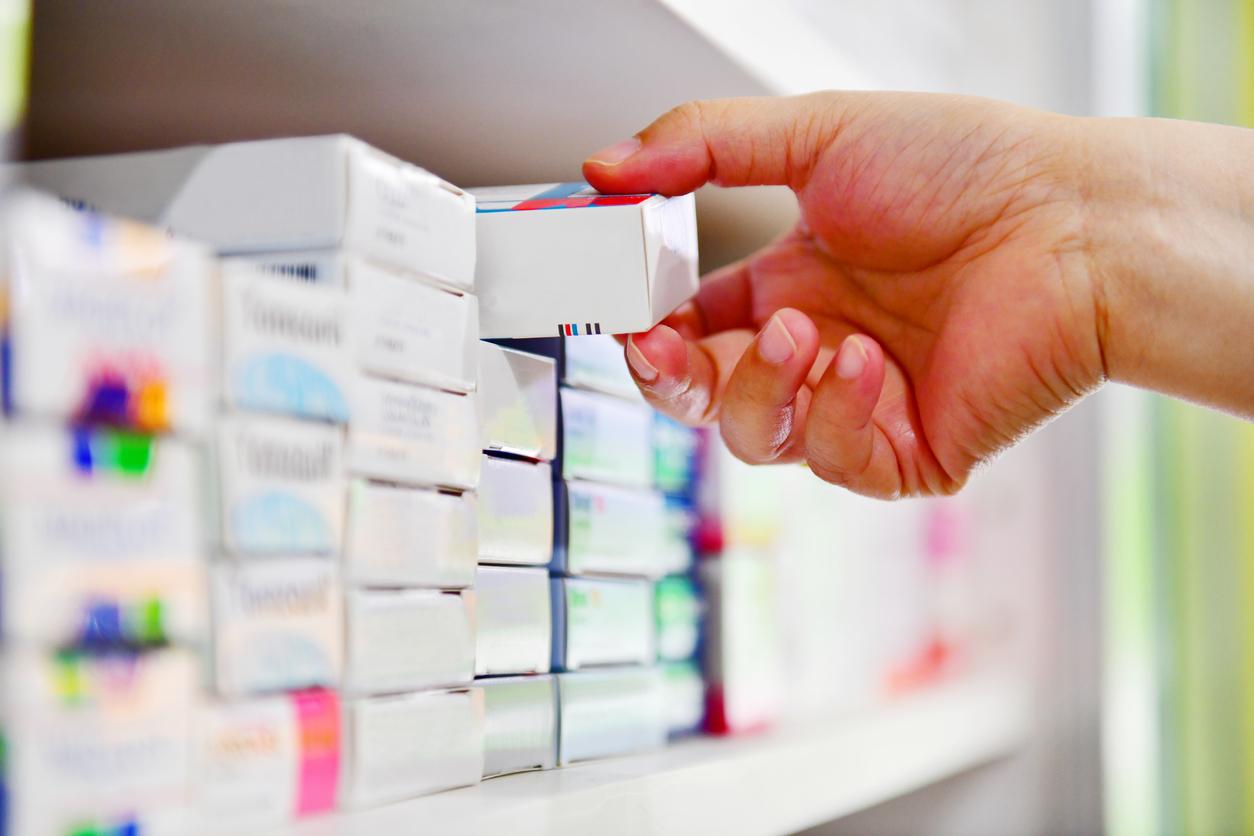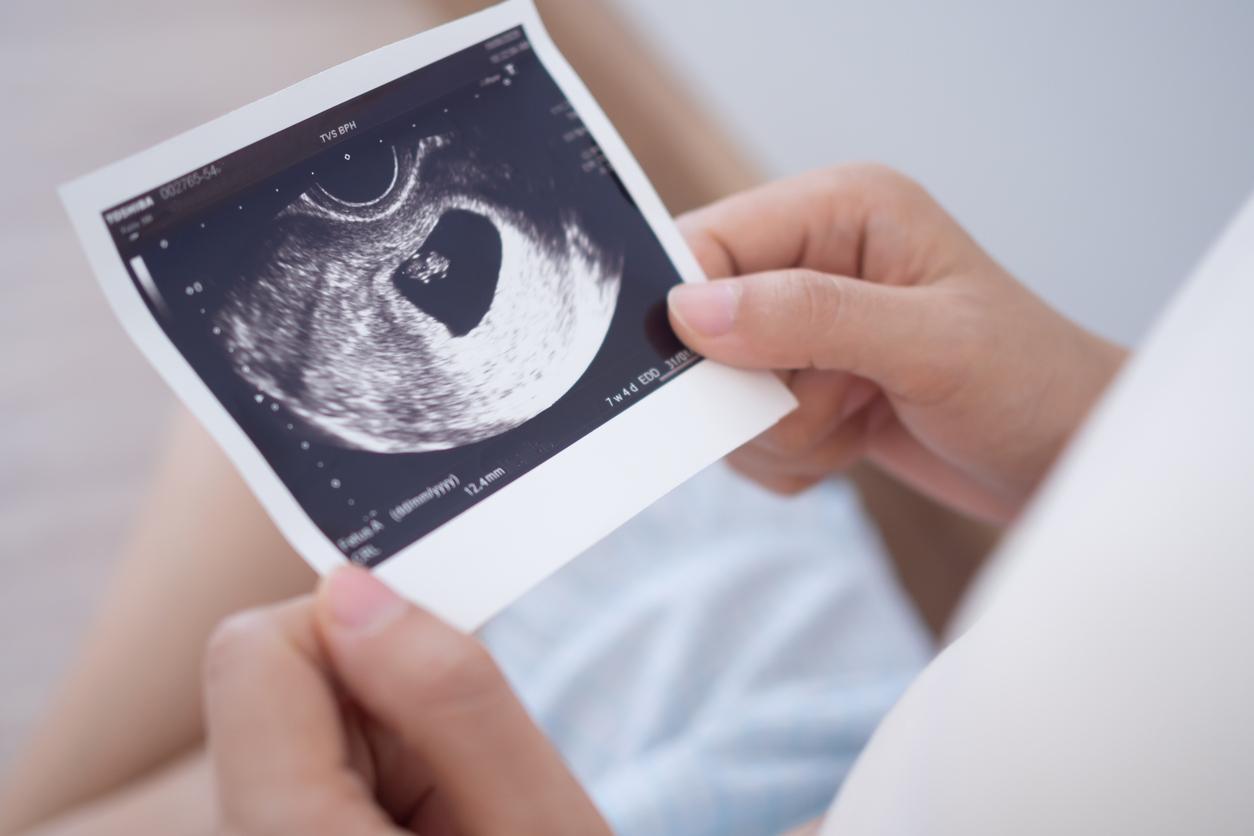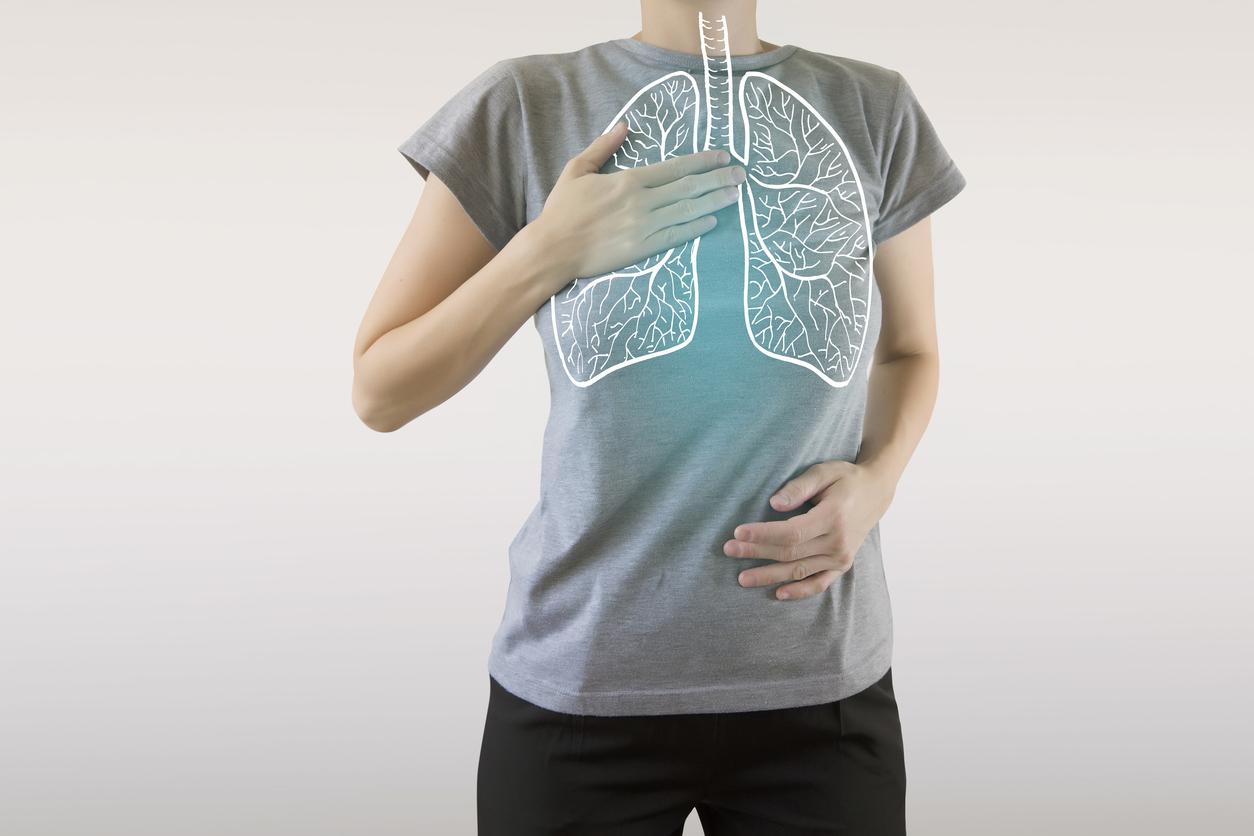
The Medicines Agency (ANSM) announced this Monday, March 15, 2021, the temporary authorization of two drugs based on a combination of two synthetic antibodies to treat adults most at risk of severe form of Covid-19 from onset of symptoms.
First French authorization for dual therapy based on synthetic antibodies
The Medicines Agency (ANSM) has just announced this Monday, March 15, 2021, the authorization of two drugs based on a combination of two synthetic antibodies in France. These are the first dual therapy based on synthetic antibodies authorized in France. More precisely, it is REGN-COV2, a combination of casirivimab and imdevimab from the Roche laboratory (co-developed by Regeneron) and the treatment combining bamlanivimab and etesevimab, from the Lilly France laboratory.
As a reminder, a first synthetic antibody manufactured by the American laboratory Eli Lilly, had already been authorized in February but it is administered alone, in monotherapy. For the time being, no synthetic antibody has a marketing authorization (AMM) in the European Union in the fight against Covid-19. Although these two therapies benefit from a “temporary authorization”, a procedure of continuous evaluation of a request for Marketing Authorization is underway at the European Medicines Agency (EMA / AEM).
For whom and in which cases?
Temporary authorizations for these two antibody treatments are only possible for people at high risk of developing a severe form of Covid-19 ” due to an immunosuppression linked to a pathology or treatments (chemotherapy, editor’s note) of an advanced age or the presence of comorbidities As specified by the ANSM. This therefore concerns those over 80, dialysis patients, kidney transplant recipients or even those aged 70 to 80 suffering from obesity and / or diabetes.
Both treatments are therefore used to try to avoid the worsening of the condition of the patients. The administration of these treatments, which is by single intravenous infusion, should take place no later than five days after the onset of symptoms. The Medicines Agency specifies that ” preliminary data from clinical studies suggest an interest of these treatments in the management of people at high risk of progressing to a severe form of Covid-19, when they are administered at the very beginning of the disease “. On the other hand, the treatments should not be administered to patients affected by the South African or Brazilian variant because their efficacy has not yet been demonstrated on these new strains. In the event that the rate of circulation of variants exceeds 10% in a territory, a PCR screening test will be requested and the treatments cannot be administered in the event of a positive result.

















